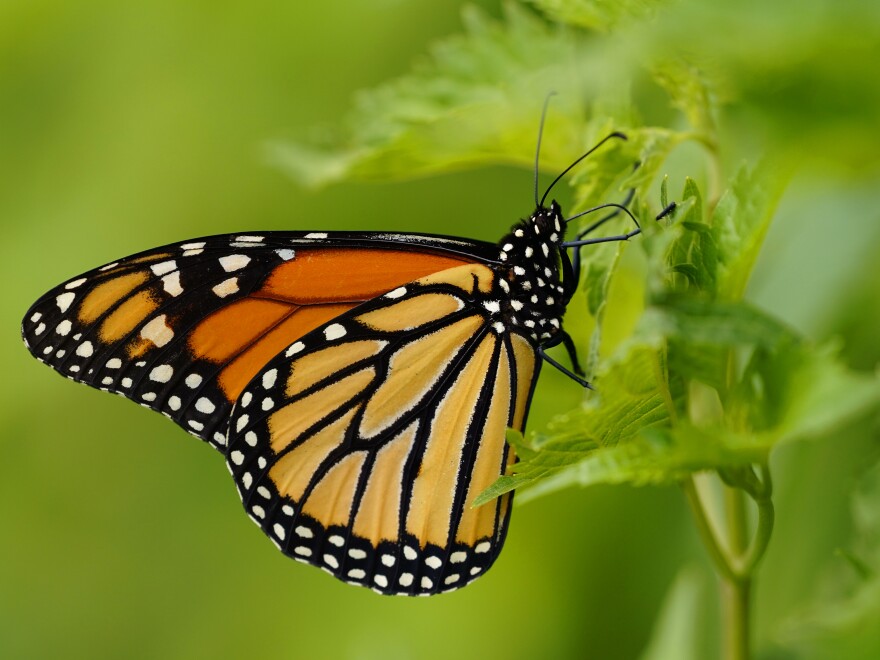Deryn Davidson, a sustainable landscape state specialist with Colorado State University Extension, has a soft spot for bumblebees. But right now, she's loving a couple lesser known species: flower and syrphid flies.
"I'm getting more and more interested in the underrecognized pollinators," she said.
And there's plenty of less bee-loved pollinators to salute this National Pollinator Week.
From beetles to butterflies, hummingbirds to moths, these species help plants complete their lifecycles and sustain agricultural production around the globe.

"They're just going out and doing what they would be doing anyway, and we as humans get this huge benefit from that work," Davidson said.
Pollinators are in danger from climate change, habitat loss, and pesticides. Earlier this year, the National Academy of Sciences released showing Colorado's western bumble bee population has declined 72% over the last 25 years.
But Davidson said people can help pollinators thrive .
"If you have an area that you're looking to redo and you can increase the amount of flowering plants that you have, that's really going to benefit them," she said. "If your plant pallet can lean toward more native species, that's going to be really great, too, to support some of our native bee pollinators."
If you don't have much space, Davidson said, you can still create a habitat. Even a pot of penstemon flowers on a balcony can help pollinators.
In Colorado alone, there are about 946 bee species. It's estimated that bees pollinate about $15 billion worth of crops in the U.S. annually.
Gov. Jared Polis signed into law this year banning certain bee-killing pesticides from retail shelves. Polis also declared June as Colorado Pollinator Month.






